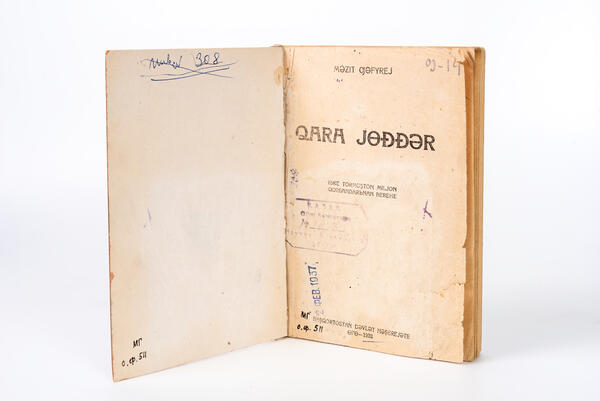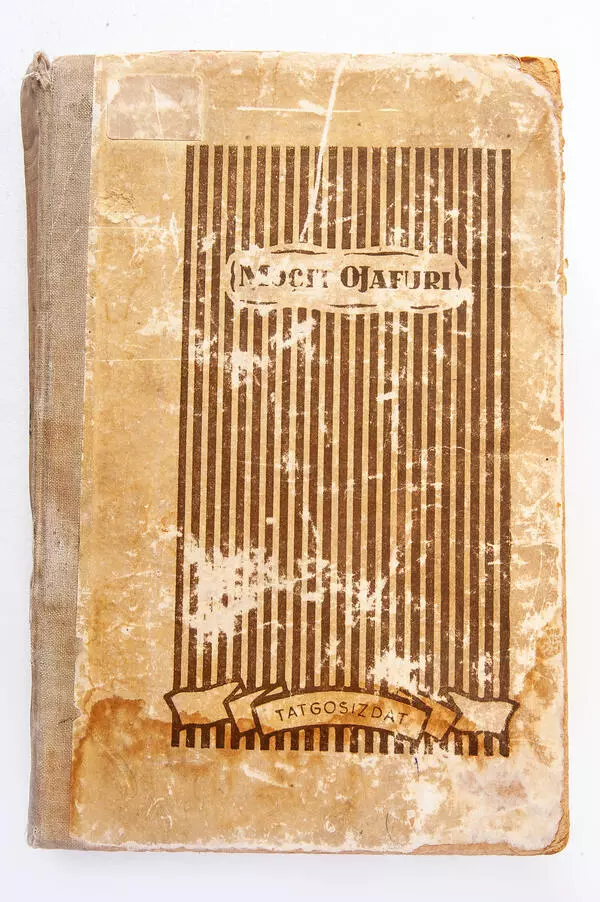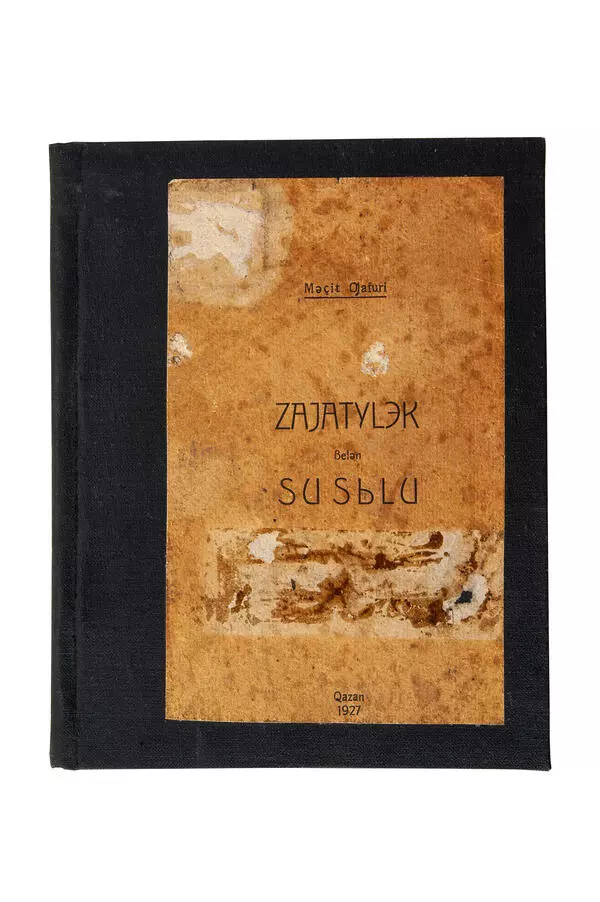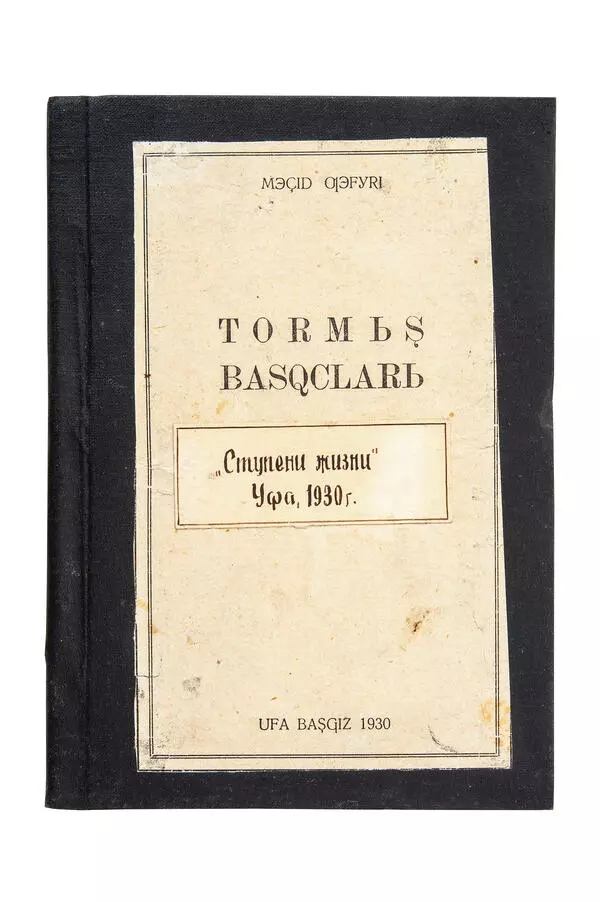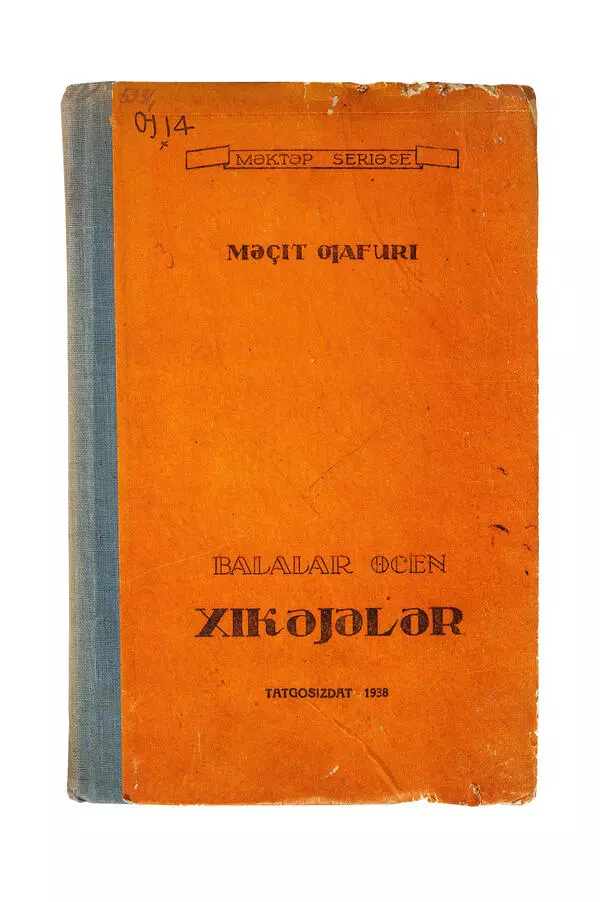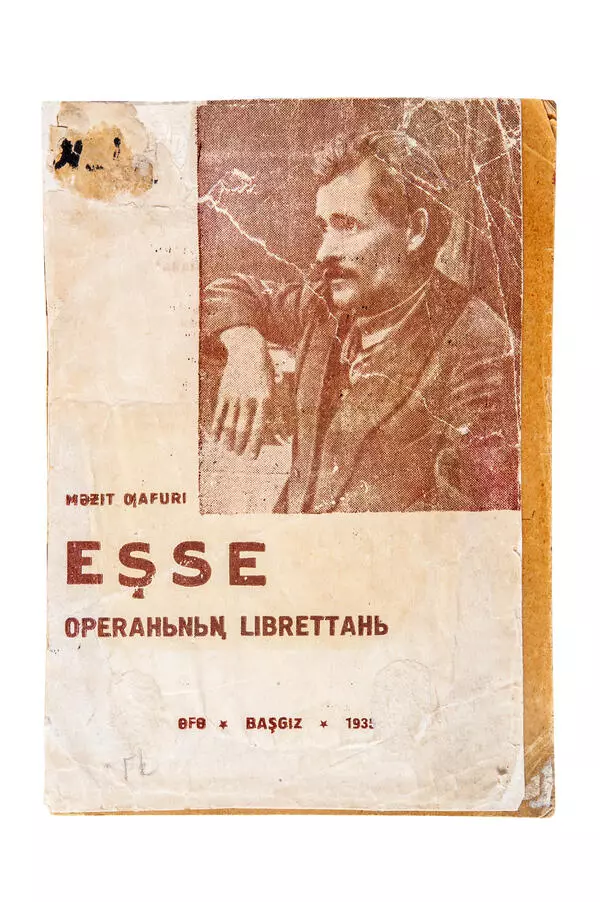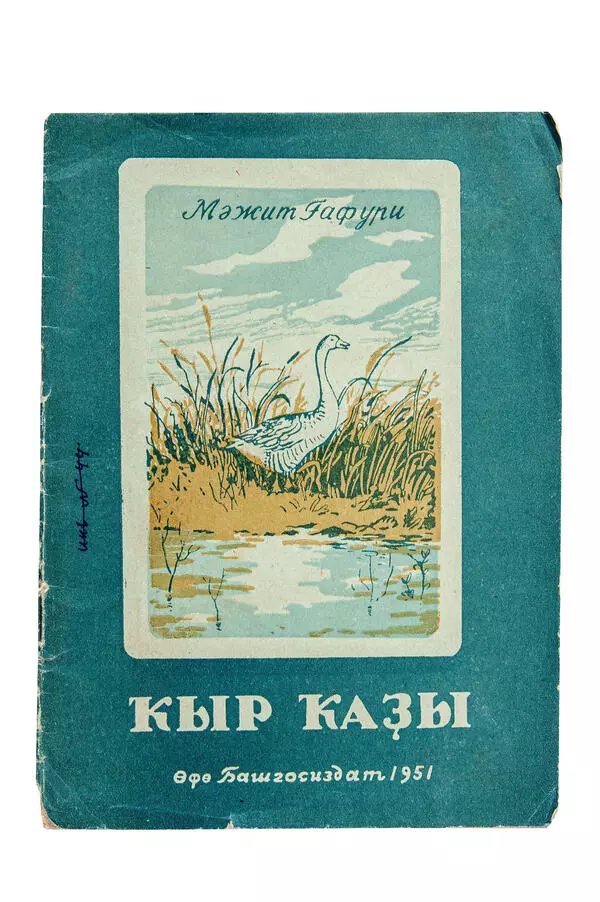Majit Gafuri’s novella ‘The Black-Faced’ is one of the classical works of Bashkir literature. It shows the tragic fate of a Muslim woman who cannot reunite with her lover because of inhumane Sharia law. Gafuri often touched upon this problem in his works and believed that religious fundamentals should not go against the social progress. In the work ‘Black-Faced’ he described real events that he witnessed when he was a student in the village school. Thus, the story reflects the social morals of the 1890s.
The main characters are the girl Galima and her lover, the village boy Zakir. Their dream of a happy family life is obstructed by the family and the mullah, an Islamic cleric. The lovers' rendezvous proves sufficient cause for the accusation of their violation of Sharia law and apostasy. The girl’s father, Fakhri, banishes his daughter from his home. Zakir is forced to go to the city. Galima cannot bear the shame, goes mad and perishes. The same fate awaits her lover.
One of the prototypes that inspired Gafuri to create the image of Galima was Safiya, the writer’s own sister. In the writer’s recollections, she ‘was a person with delicate poetic feelings, she loved singing and playing the kurai’. She had a lover, but the girl was forced to marry someone else. In this family, Safiya gradually withered and eventually died. Gafuri told about his sister in the essay ‘My Biography’ and called her the closest person after his mother. One also recalls lines from the essay about the towels of the untimely deceased Safiya when in ‘Black-faced’ they talk about ‘long towels, lovingly woven by Galima’s hands for her future life’.
Based on the story, the play ‘The Black-Faced’ was performed for many years on various stages. The first production, staged by Gaynan Amiri and Vali Galimov, took place on May 5, 1938, at the Bashkir Drama Theater. For more than fifty years this play has been the theater’s showpiece. Audiences were attracted both by the colorful personalities of the play’s main characters — Zakir and Galima — and by the supporting characters: the father, the mullah and Galima’s brother.
The main characters are the girl Galima and her lover, the village boy Zakir. Their dream of a happy family life is obstructed by the family and the mullah, an Islamic cleric. The lovers' rendezvous proves sufficient cause for the accusation of their violation of Sharia law and apostasy. The girl’s father, Fakhri, banishes his daughter from his home. Zakir is forced to go to the city. Galima cannot bear the shame, goes mad and perishes. The same fate awaits her lover.
One of the prototypes that inspired Gafuri to create the image of Galima was Safiya, the writer’s own sister. In the writer’s recollections, she ‘was a person with delicate poetic feelings, she loved singing and playing the kurai’. She had a lover, but the girl was forced to marry someone else. In this family, Safiya gradually withered and eventually died. Gafuri told about his sister in the essay ‘My Biography’ and called her the closest person after his mother. One also recalls lines from the essay about the towels of the untimely deceased Safiya when in ‘Black-faced’ they talk about ‘long towels, lovingly woven by Galima’s hands for her future life’.
Based on the story, the play ‘The Black-Faced’ was performed for many years on various stages. The first production, staged by Gaynan Amiri and Vali Galimov, took place on May 5, 1938, at the Bashkir Drama Theater. For more than fifty years this play has been the theater’s showpiece. Audiences were attracted both by the colorful personalities of the play’s main characters — Zakir and Galima — and by the supporting characters: the father, the mullah and Galima’s brother.

